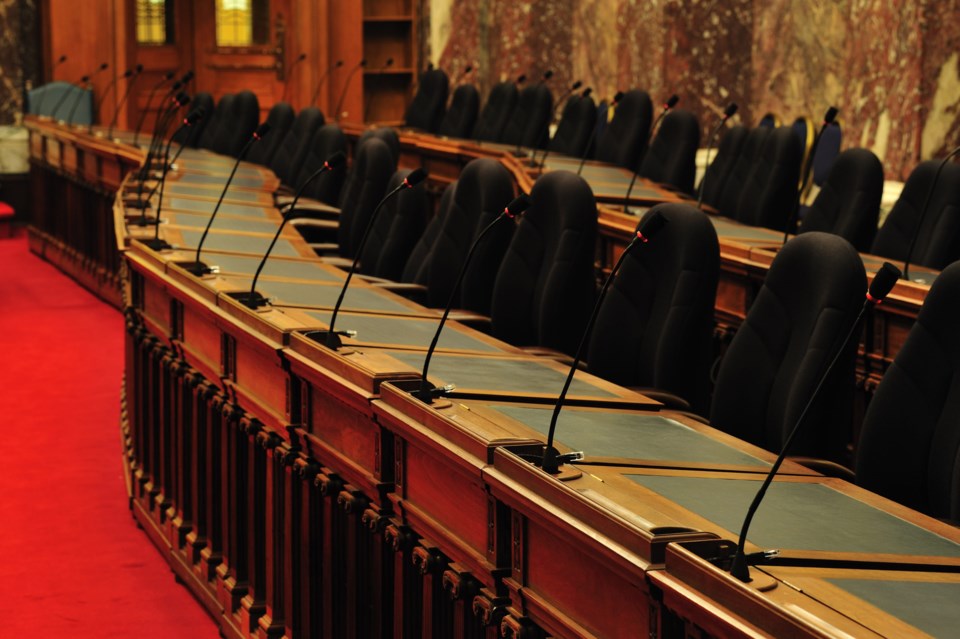With a new session of the BC legislature underway, it’s virtually impossible to ignore the province’s ever-present regional divide.
The urban-rural split was underscored yet again by anti-pipeline demonstrations across the province and outside the BC Legislature. Where this movement against the Coastal GasLink project goes from here remains to be seen, but it’s further evidence that political priorities, philosophies, and public reaction are largely based on where you live.
“Let’s not kid ourselves…where the population is, is where the seats are,” says Jason Morris, who has been teaching political science at UNBC since 2000.
Northern BC residents “do tend to feel ignored or forgotten and left out in various policy areas,” says Morris.
While not convinced by speculation suggesting 2020 could see a provincial election, Morris contends the likelihood of an early vote could be determined by what happens over the coming weeks in Victoria.
“There is a lot going on that can greatly impact voter intentions such as ICBC changes, the threat of a teacher’s strike, ride hailing and other changes within transportation…and we still have unresolved issues related to the Speaker’s conduct,” says Morris, who notes that in political science school, you are encouraged not to make bold predictions.
The February 18 budget and the state of the province’s wallet will likely be the first test big for the NDP government, says University of Victoria political science professor Michael Prince. He contends that a deficit now would be a political gift to the Opposition BC Liberals:
“I would think the NDP wouldn’t want this 2020 budget to have red ink all over it.”
When the New Democrats formed government in 2017 with the help of the Green Party, they inherited a $2.7 billion surplus. But judging by cost-cutting directives from Finance Minister Carole James, the province appears to be teetering on the brink of a deficit – despite raising an additional $10 billion in revenue through new and increased taxes.
British Columbia’s worst forestry crisis in 40 years will also be a hot topic. Thousands of BC workers are out of jobs after dozens of mill shutdowns and shift curtailments rocked forest-dependent communities. The government’s perceived lack of response has drawn criticism, notably for a steadfast refusal to consider changes to the way stumpage rates are calculated.
ICBC could be another difficult issue. Not only have insurance premiums skyrocketed for many drivers, the government will be pressed to explain its abrupt change to “no fault” insurance. We will no doubt hear further criticism of the government’s record on childcare spaces, and affordable housing.
So might the spring sitting of the legislature set the stage for a summer or fall election? Morris says don’t count on it.
“I don’t hear a lot of stories or see candidates preparing to be nominated in the various electoral districts…you just don’t see a lot of activity at the basic grass roots level where elections are won and lost.”
As always, I welcome your comments and criticism on Twitter @kammornanchor and email [email protected].
Bob Price is a veteran B.C. broadcaster who anchored the morning news on CHNL radio in Kamloops for the past 30 years. Bob is also a past Webster Award winner whose previous stops included Vancouver and Calgary.
SWIM ON:
- Last week, Bob Price considered the season - the calm before the wildfire storm.
- The buzz at the Natural Resource Forum was dominated by one speech - given on the fly, by someone terrified of public speaking.
- North Vancouver is saying no to a project that fits within current zoning, and would create jobs - why?



